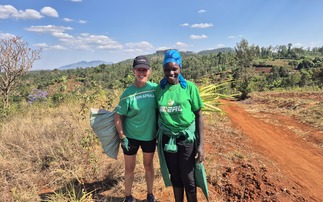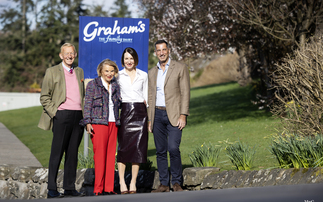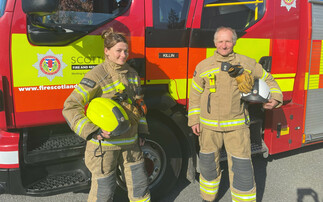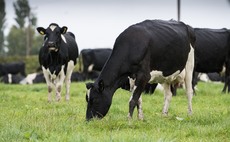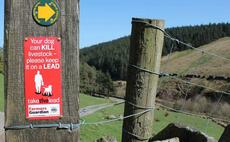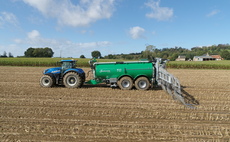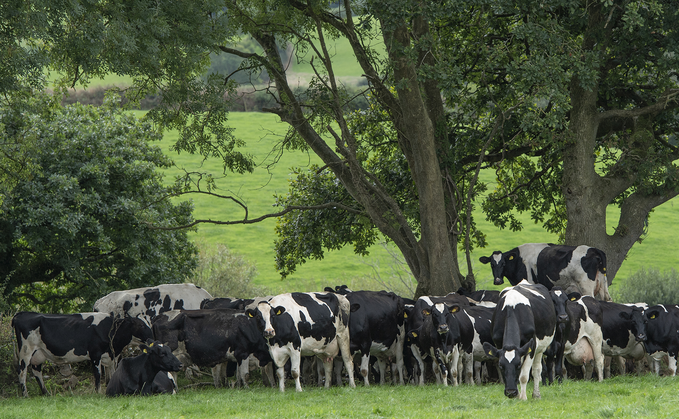
Livestock farmers have expressed dismay at 'sustained' attack from media outlets
Livestock farmers have challenged claims by the BBC that the UK farming industry is fast becoming just a collection of mega farms, in what farmers say is part of a ‘sustained attack' on the industry.
A recent news story reported that animal welfare campaigners had been outraged after the BBC revealed more cows ‘could be kept indoors for the whole of their productive lives', owing to a rise in ‘mega farms'.
However, farming groups have insisted the size of the farm is irrelevant when considering UK farmers' high welfare standards.
READ NOW: North Yorkshire livestock enterprise evolves to secure future
Chief executive of the National Beef Association Neil Shand said this new accusation was merely the latest in what he views as a prolonged attack on the livestock industry.
"The size of the farm is irrelevant. The only thing that matters is the way the farmer cares for those animals.
"Yes farms may have got bigger, but they are often linked holdings where the herd could be spread over several sites.
"This [story] is part of a sustained attack on the livestock industry - stories about mega farms, legal actions by animal groups and the Brian May documentary. Our farmers have the best welfare standards in the world and that should be defended."
According to the latest AHDB data 440 dairy producers left the industry in the year to April 2024, leaving a total of 7,130. This, according to the board's senior analyst Freya Shuttleworth, ‘suggests there has been further movement towards larger farm size over the last 12 months.'
READ NOW: Farming will always fight back against anti-livestock narrative
"Scale has nothing to do with it," said third generation Peak District dairy farmer Robert Thornhill. "We cannot say all small farms are good and all big farms are bad. It is about management, health and hygiene and the dedication of those working there.
"There is so much negativity and people seem to delight in farmer bashing. I would ask the BBC, ‘What is your agenda?'.
NFU Scotland vice-president Alasdair Macnab said accusations levelled at larger farms was one the industry has had to battle for some time.
Exploitation
"Large livestock units are very much on the public radar with complaints about smell, concern that animals spend their entire life inside, perceptions of factory farms, cruelty and exploitation.
"This is a subject familiar to me and as an industry there is a lot of hard work from highly driven and dedicated staff running these units whose operations revolve around ensuring good welfare prevails."
Mr Macnab said it was important to remember that farmers were feeding the nation.
"The public demand a constant supply of good, nutritious food, produced to exacting health and welfare standards at a suitably low price," he added.
Mr Thornhill said: "We live in an industrialised nation - and we have to feed a growing population. The days of hand milking and finding eggs under a bush are gone. We are farming in the right way to support food supply and it is time there was an end to this constant negativity."
In response, a BBC spokesperson said: "Our coverage of agricultural issues includes a wide range of perspectives from across scientific and agricultural communities, including different views from within those communities.
"This includes on programmes and in news coverage about farming, agriculture and developments in those sectors".





